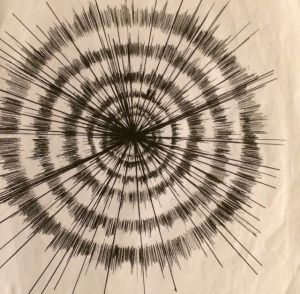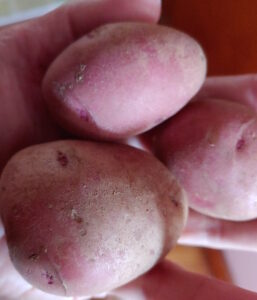God In My Thinking
There’s a spiritual exercise that a professor of mine used to recommend: every time you encounter another person, visualize Christ in the space in between – the space that connects or divides that is normally thought of as empty. For her, it was a way to remember that there are no meetings that occur in a world absent of God.
Asking God to be in my thinking is asking a lot more than God’s presence in my behavior. I can think all kinds of awful things about someone and still act with kindness. It would be an act, of course – my inner reality would still be harsh, critical, and judgmental.
God in my thinking places my mind within God’s grace and love, and asks that something of that grace and love be the foundation of what goes on within it. Without such a foundation, my keenest thoughts and most creative ideas can be used for ill as easily as for good.
God, preserve me from intellect without love. And preserve the world, too. Amen.





